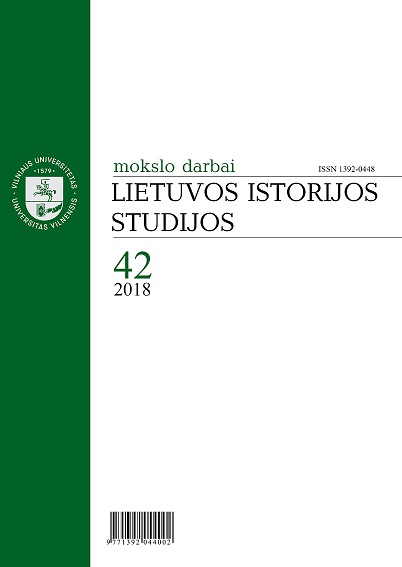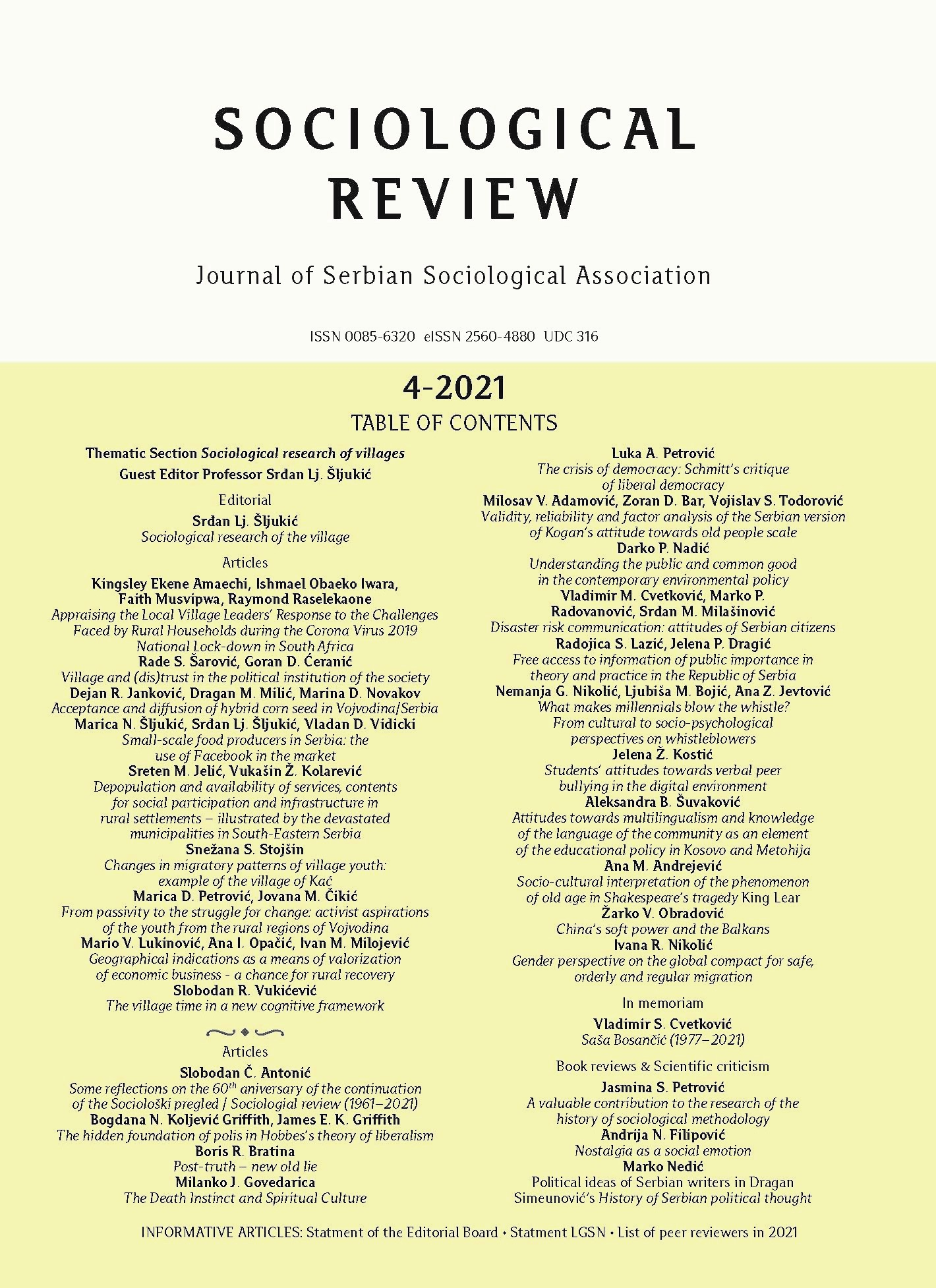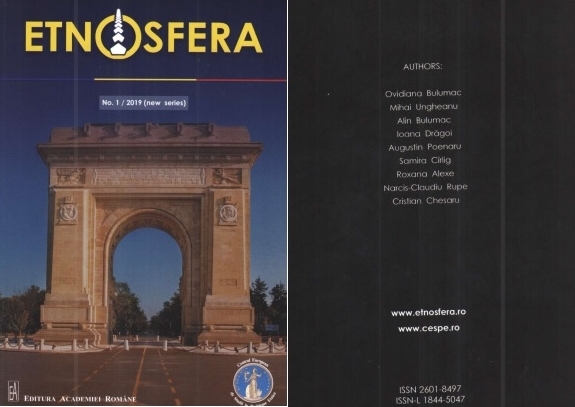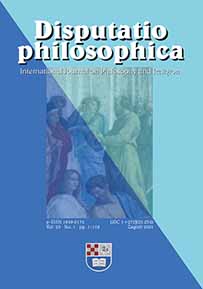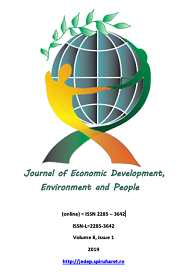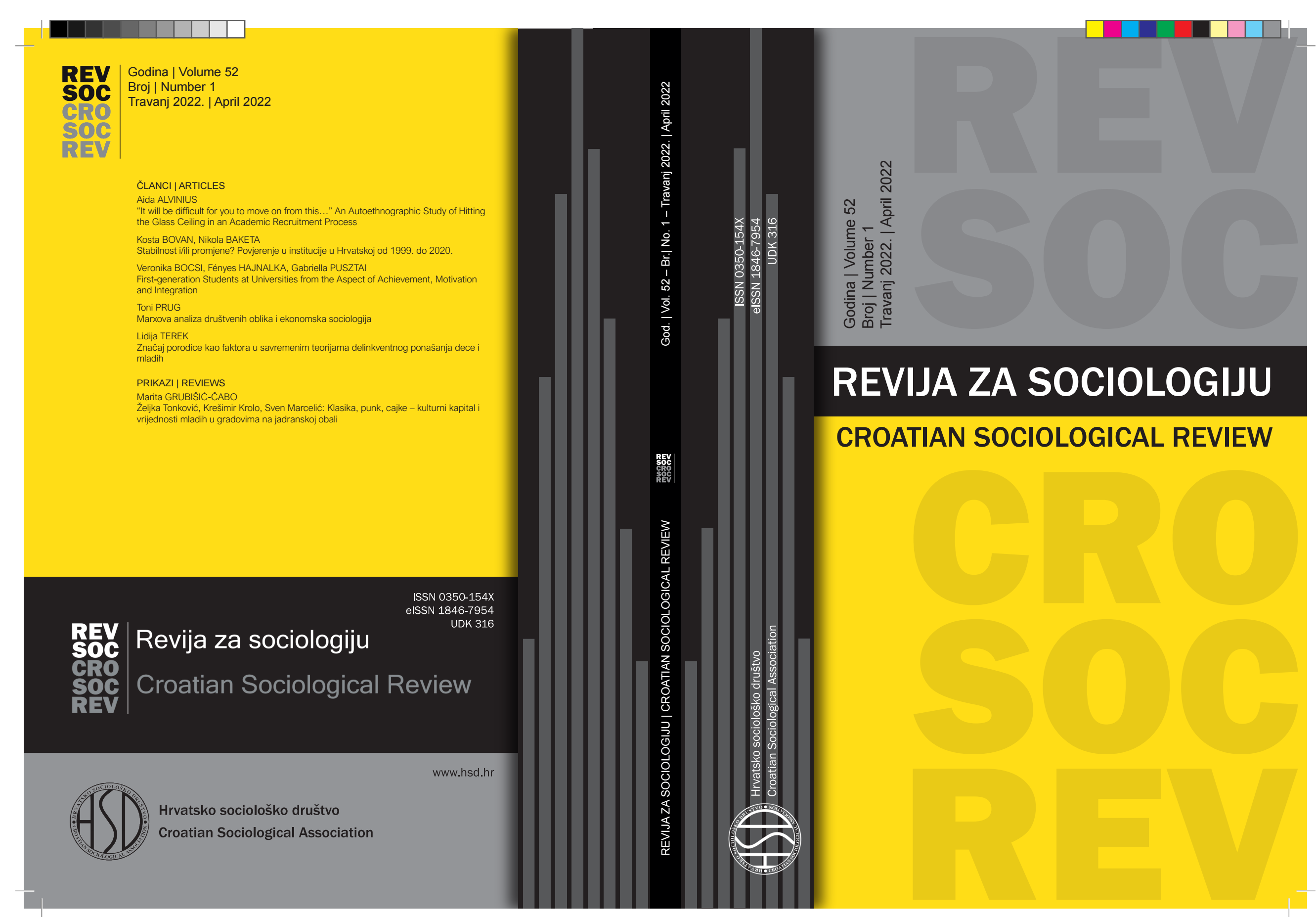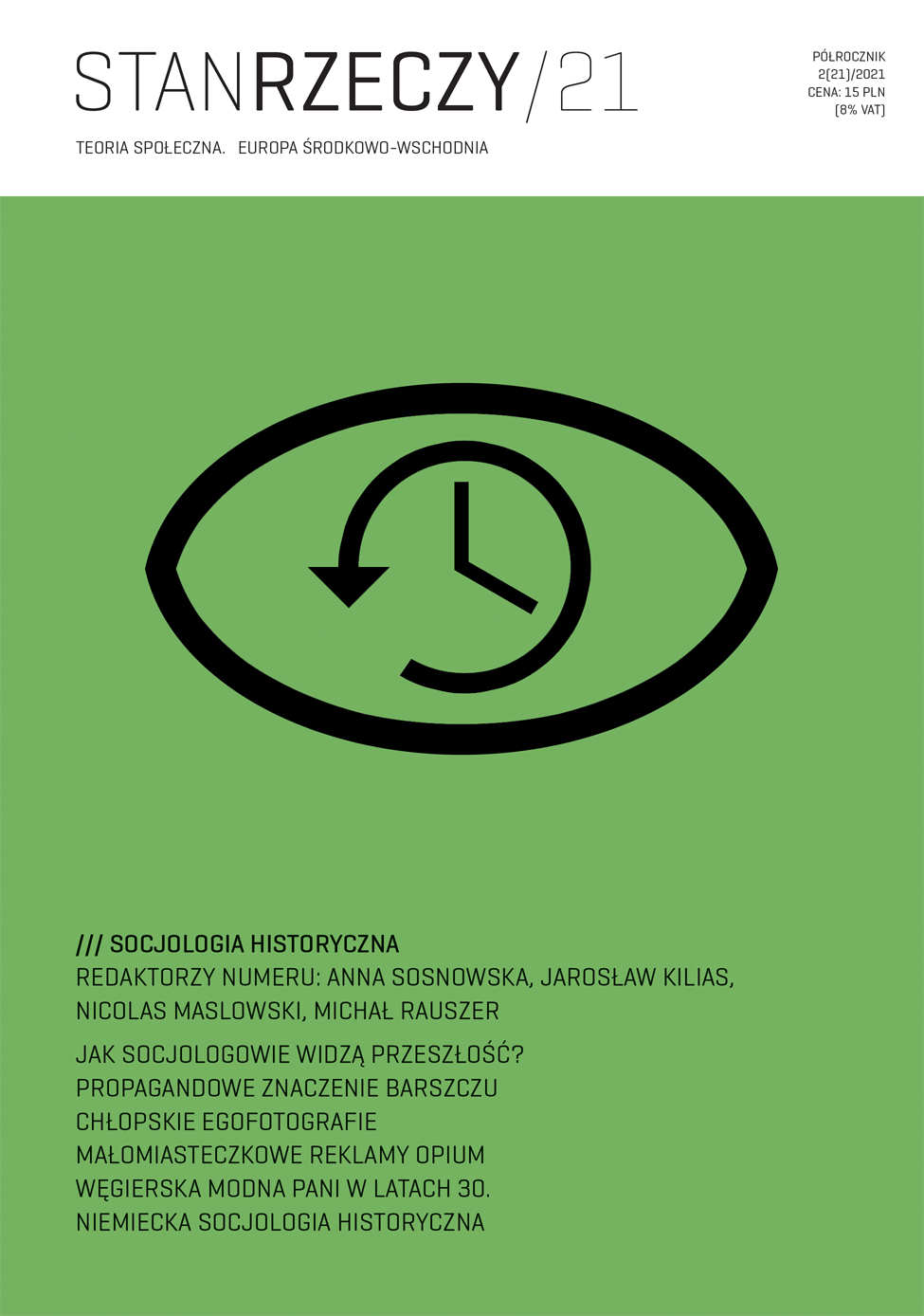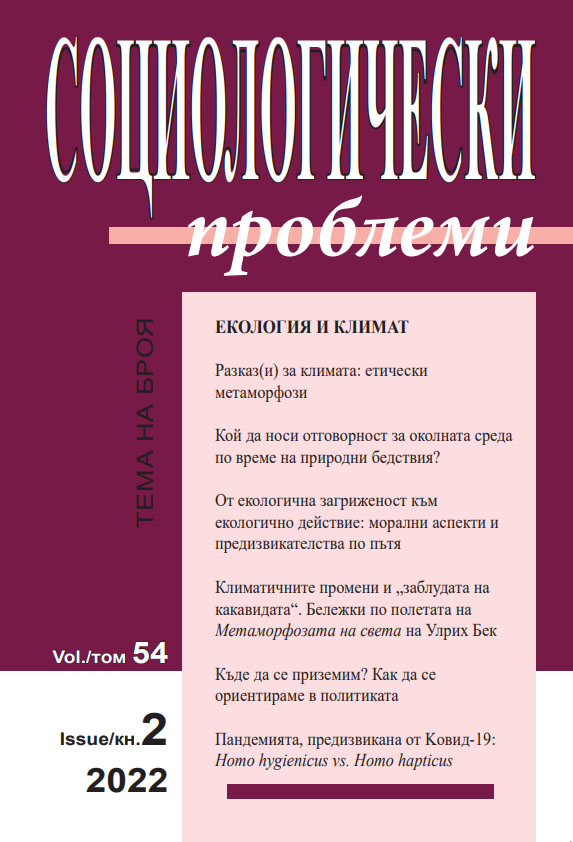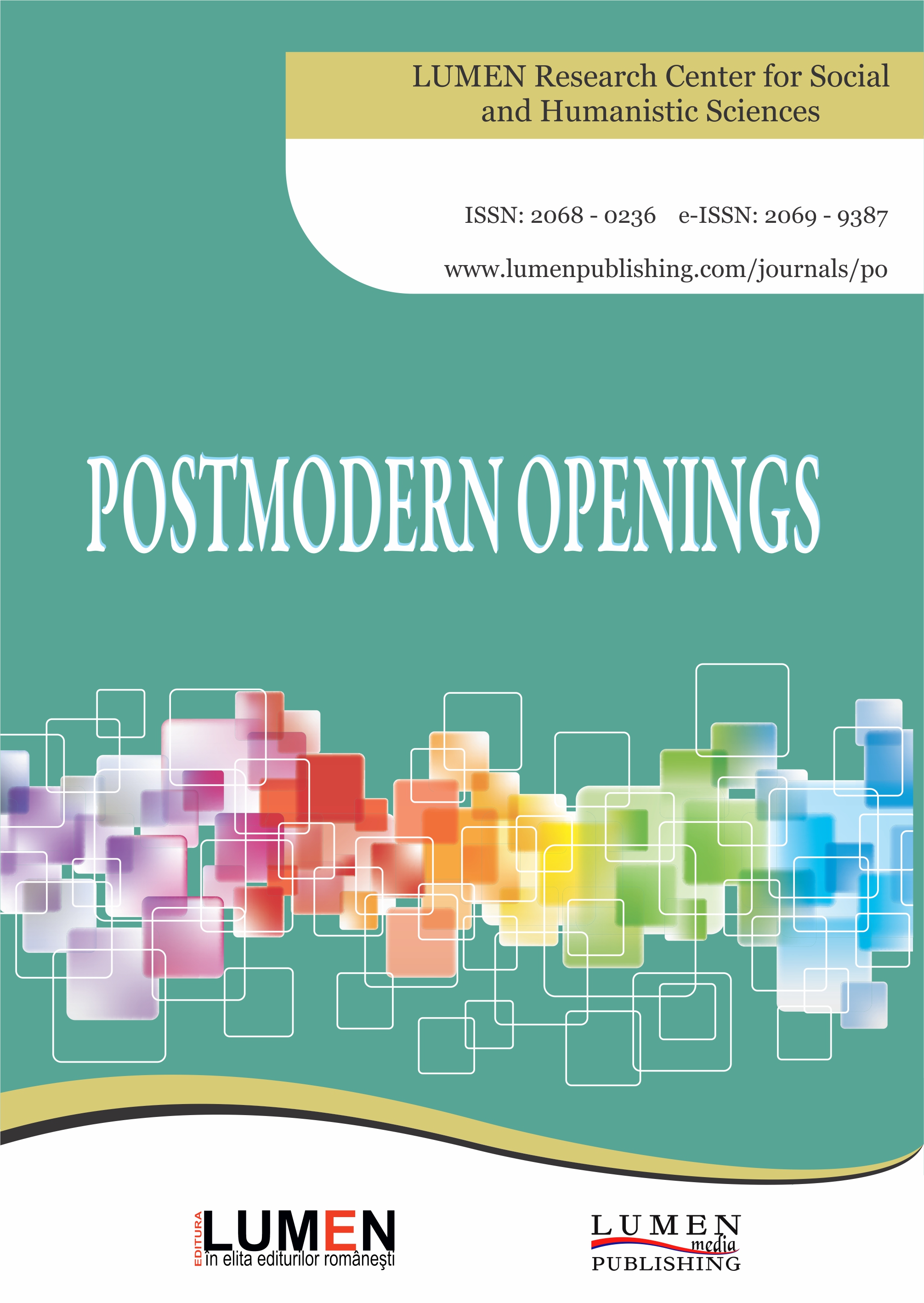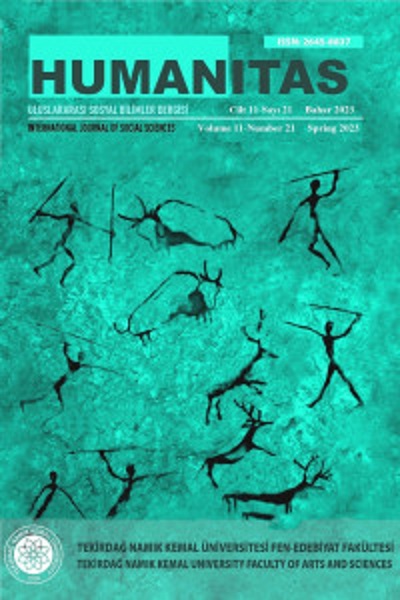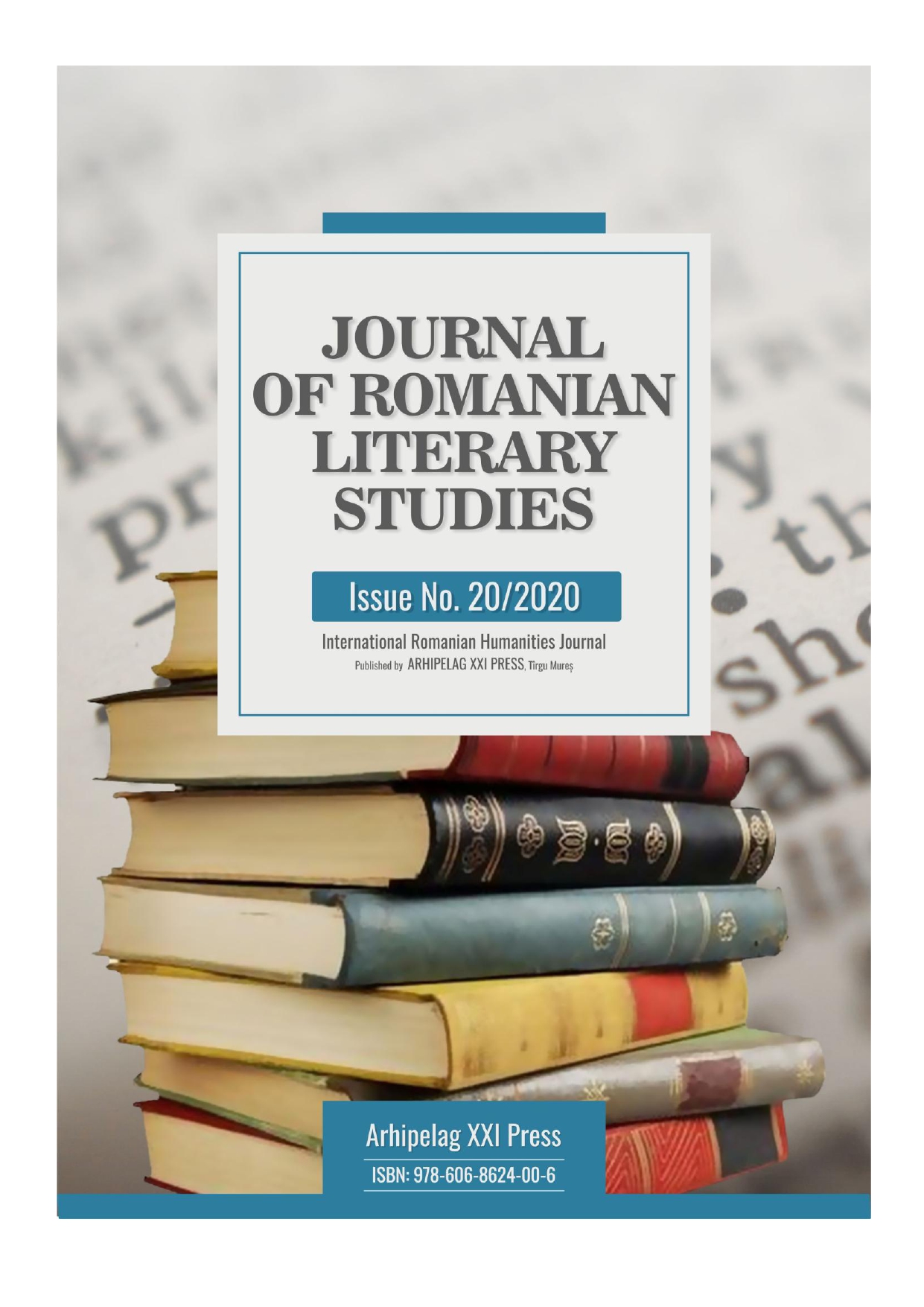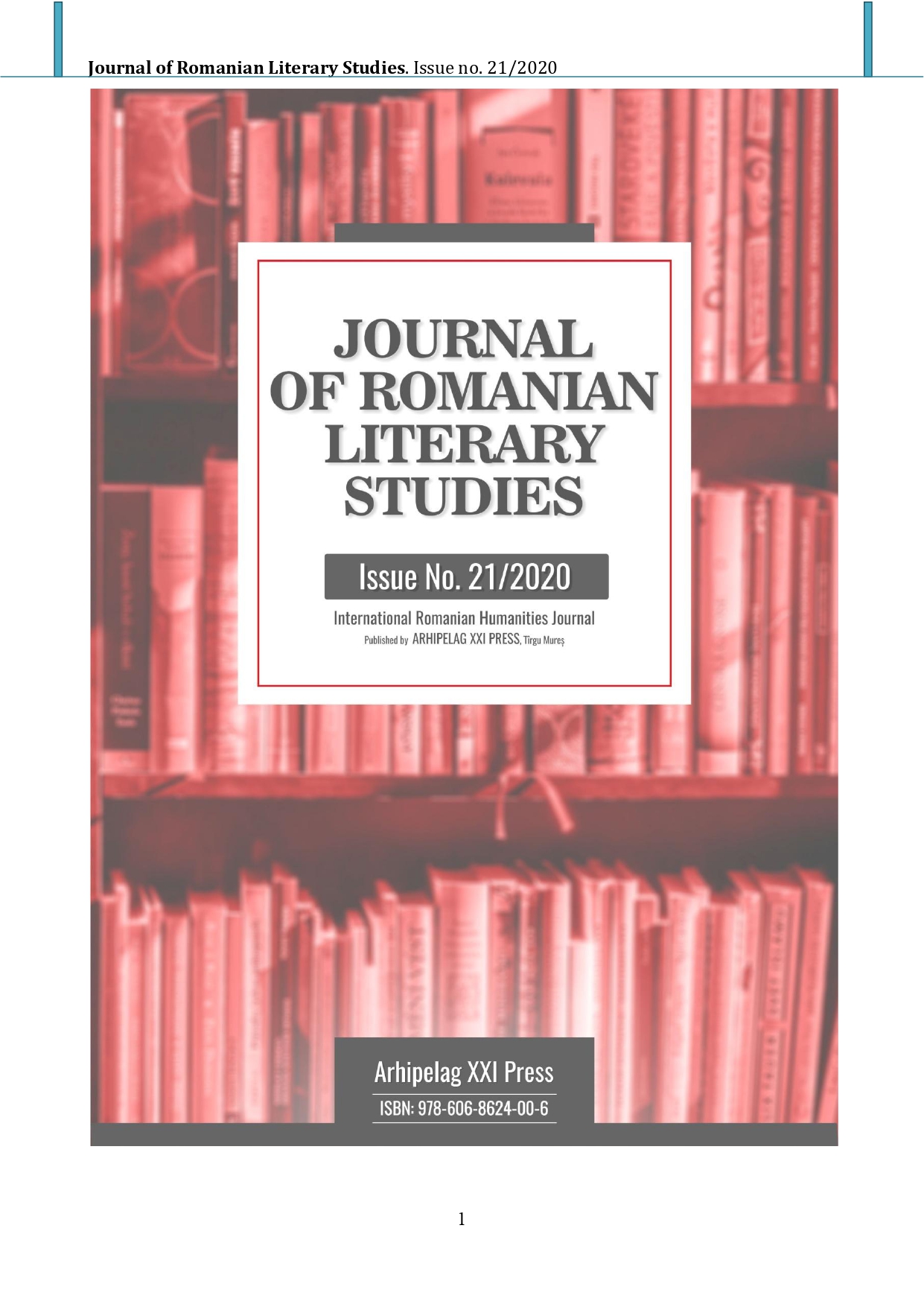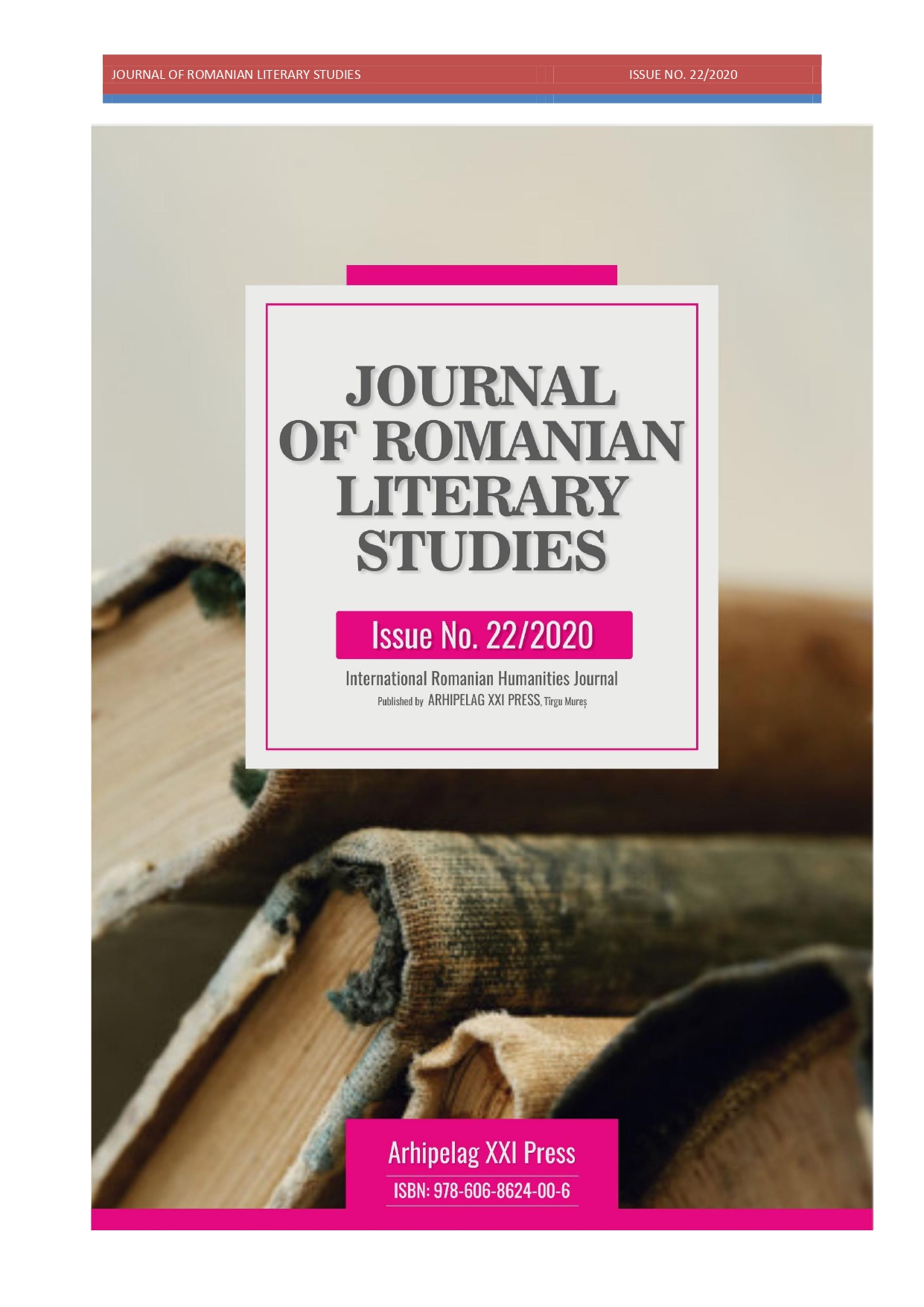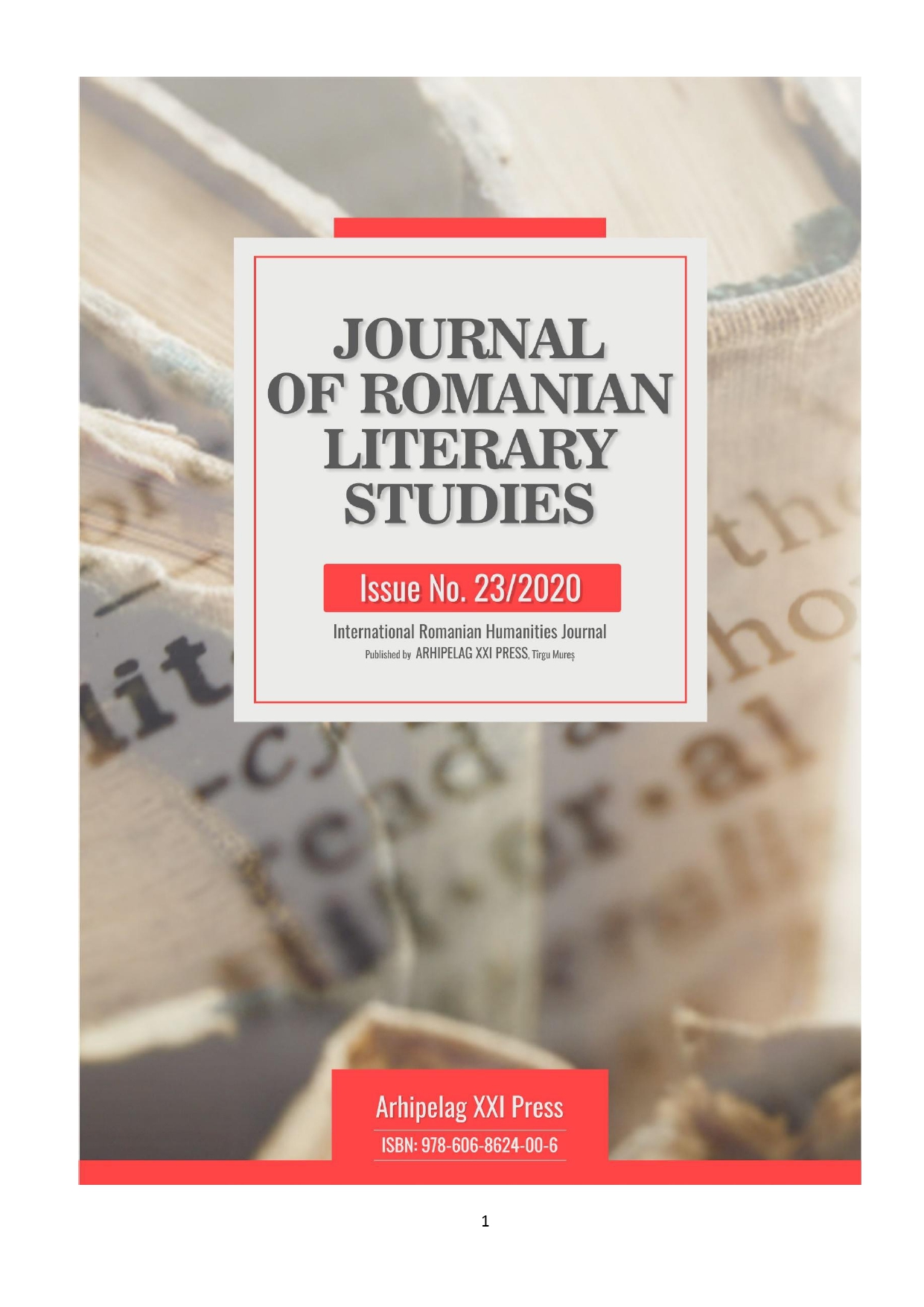Author(s): Rodica Bolojan (Ștef) / Language(s): Romanian
Issue: 21/2020
Preschoolers and their families! haven't I known them from my teaching activity for 30 years? that's right, I know them well! From a didactic, managerial, human, subjective relational perspective. The family ? yes, and the family knows it, I have it, I have neighbors, friends, I have opinions, obviously subjective. How could this personal and professional knowledge be integrated into a scientific approach and what would it be like to be raised to another level of knowledge? Identify new approach strategies ?, new research methods and techniques that allow me to better understand it ?, solutions to solve the problems faced by early education, many families? The answer to these and other questions is at stake in my doctoral dissertation on "Parent Satisfaction with Educational Services in Preschool Education." The sociological perspective - a way of looking, studying and explaining social life. An analysis of society from a certain point of view. This study will allow me to make a contribution to solving major social problems: education. Having a sociological perspective also involves opening up to other socio-human sciences, such as psychology-social. General psychology is the central science of man as an individual, social psychology deals with the way personality and behavior are influenced by social context, it is the science of psychological relationships between people. To have a sociological perspective, says Maria-Ana Georgescu, means to understand "how" and "why" social processes occur, it means to accept cultural differentiations, it means to play a practical role in optimizing social life. " (Gerogescu, 2005). This research will be a challenge for me to detach myself from the familiar professional (teacher) and personal experience, to overcome the particular aspects studied from a pedagogical perspective to a scientific sociological perspective. The removal of prejudices is closely linked to the problem of objectivity in sociology. Each individual has developed a life experience starting from knowledge at the level of common sense. Sociology can confirm or disprove knowledge in common sense, unsystematic. The scientific perspective, says Maria-Ana Georgescu, begins only when we become aware that most of our peers make impermissible generalizations, when we are able to control our own impressions and strive not to affect our research work.
More...

